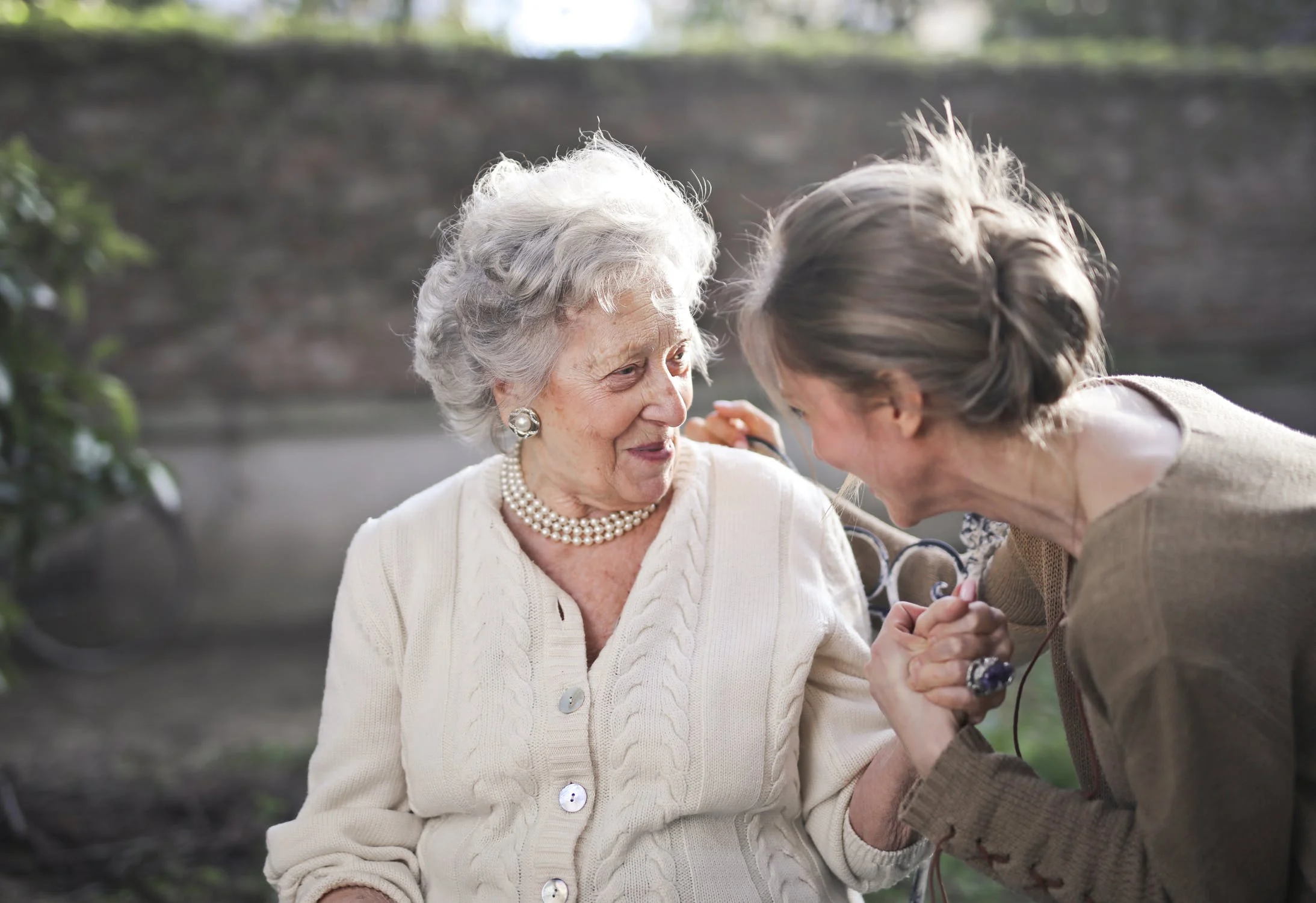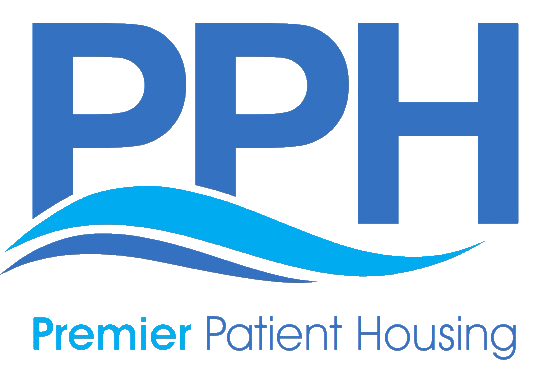Alzheimer's and Brain Awareness Month

June marks the beginning of Alzheimer’s and Brain Awareness month, started by the Alzheimer’s Association. During this month-long campaign, Premier Patient Housing will inform you about Alzheimer’s and related brain diseases, as well as their related warning signs and quality-of-life focused care methods.
What Is Alzheimer’s?
According to the Center for Disease Control and Prevention (CDC), Alzheimer’s is the most common type of dementia involving parts of the brain that control thought, memory, and language. Alzheimer’s typically begins with mild memory loss and progresses into the loss of speech and responses to the environment. Victims of Alzheimer’s also experience changes in behavior and personality.
What Are The Warning Signs?
Symptoms of the disease can first appear after age 60, and the risk increases with age. Although rare, Alzheimer’s can affect those younger than 60 years of age. In you, or a loved one, be vigilant to memory problems as it is typically one of the first warning signs of Alzheimer’s disease and related dementias. Although each case is unique, other prominent warning signs include
- Trouble handling money and paying bills
- Difficulty completing familiar tasks at home, at work or at leisure.
- Decreased or poor judgment.
- Misplacing things and being unable to retrace steps to find them.
- Changes in mood, personality, or behavior.
- Increased anxiety and/or aggression.
- Repeating questions.
- Having more trouble coming up with words than other people the same age.
Treatment Options
Although there is no current cure to Alzheimer’s, there are treatments available as well as many currently clinical trials. According to the Mayo Clinic, current Alzheimer’s treatments temporarily improve symptoms of memory loss and problems with thinking and reasoning. Treatments can come in the form of medicated and non-medicated options that can slow down the affects of Alzheimer’s as well as have a positive impact upon an individuals quality of life. Understanding available options can help individuals living with the disease, and their caregivers.
Find treatment options HERE provided by the Alzheimer’s Association.
Supporting Caregivers and Those With Alzheimer’s
Receiving the diagnosis is life changing for everyone, including loved ones. Accepting a diagnosis of Alzheimer’s requires time to absorb the initial shock of the disease before you might be ready to help, only reach out when you believe the affected parties are ready.
Supporting a Caregiver
General offers of help can be hard for a caregiver to accept. If you want to support a friend who is caring for a loved one, making a small, but concrete, offer can mean the world to them. For example, asking if they need anything from the store when you go or making an extra helping of dinner to take to them are small ways to care for a caregiver that can make a world of difference in their life. Sending a card or calling a caregiver can also be a meaningful way to show your support from near or far.
Supporting A Diagnosed Individual
As the disease progresses, the support a diagnosed individual will need changes. In the early stages, those diagnosed need support in coming to terms with their diagnosis as well as understanding the next steps they should take in their medical journey as well as planning for their future. As the disease progresses, encouraging typical activities (such as going for a walk, cooking, gardening, etc.) to enhance their quality of life while supporting day-to-day functions (such as communication).
This June, help the fight against Alzheimer’s and support those that fight every day. Volunteer your time to local chapters, fundraise to help fund research, or simply be there for those you know who have been impacted by this disease. Find more information on how you can give back HERE and help to end Alzheimer’s.

